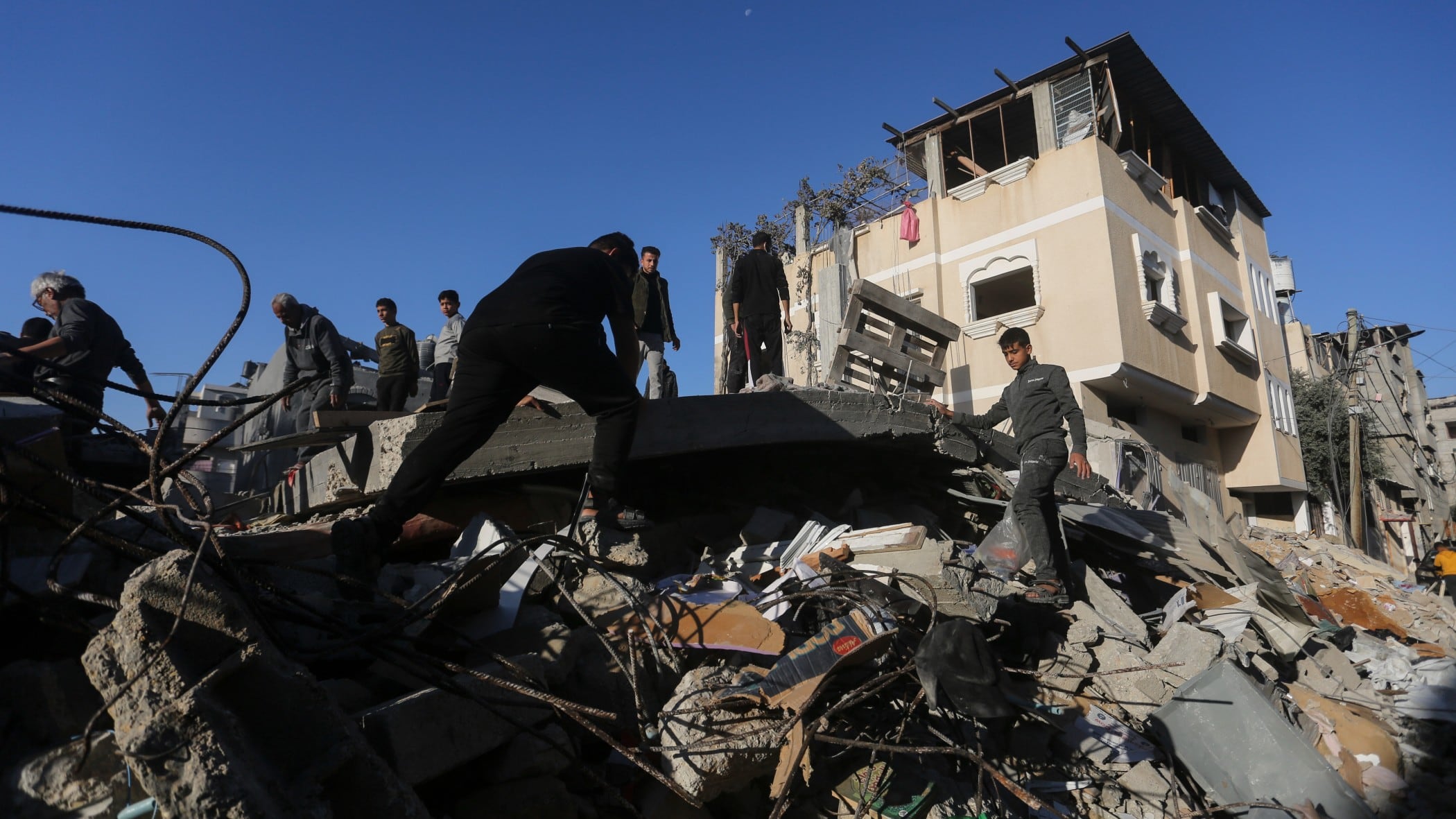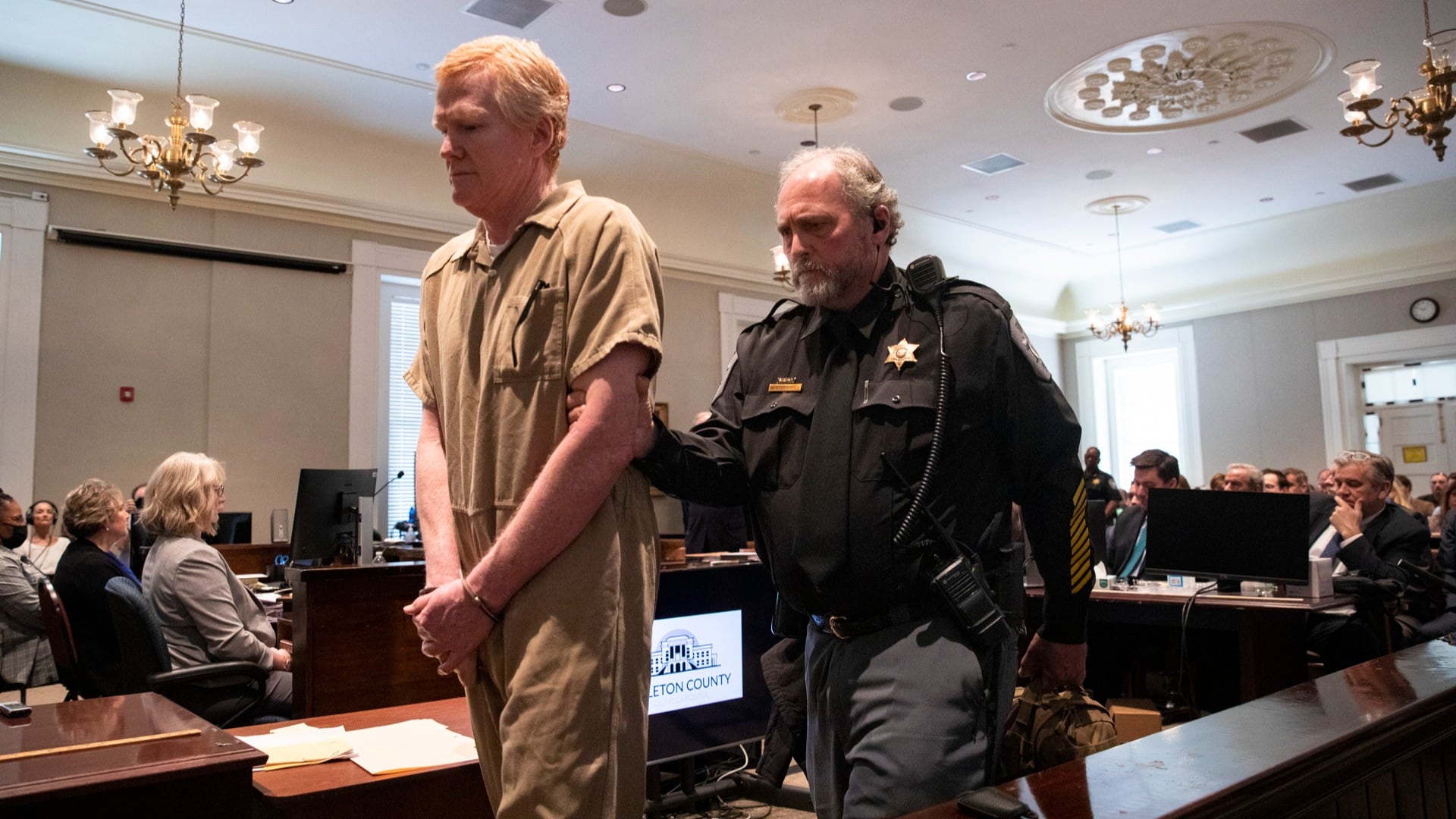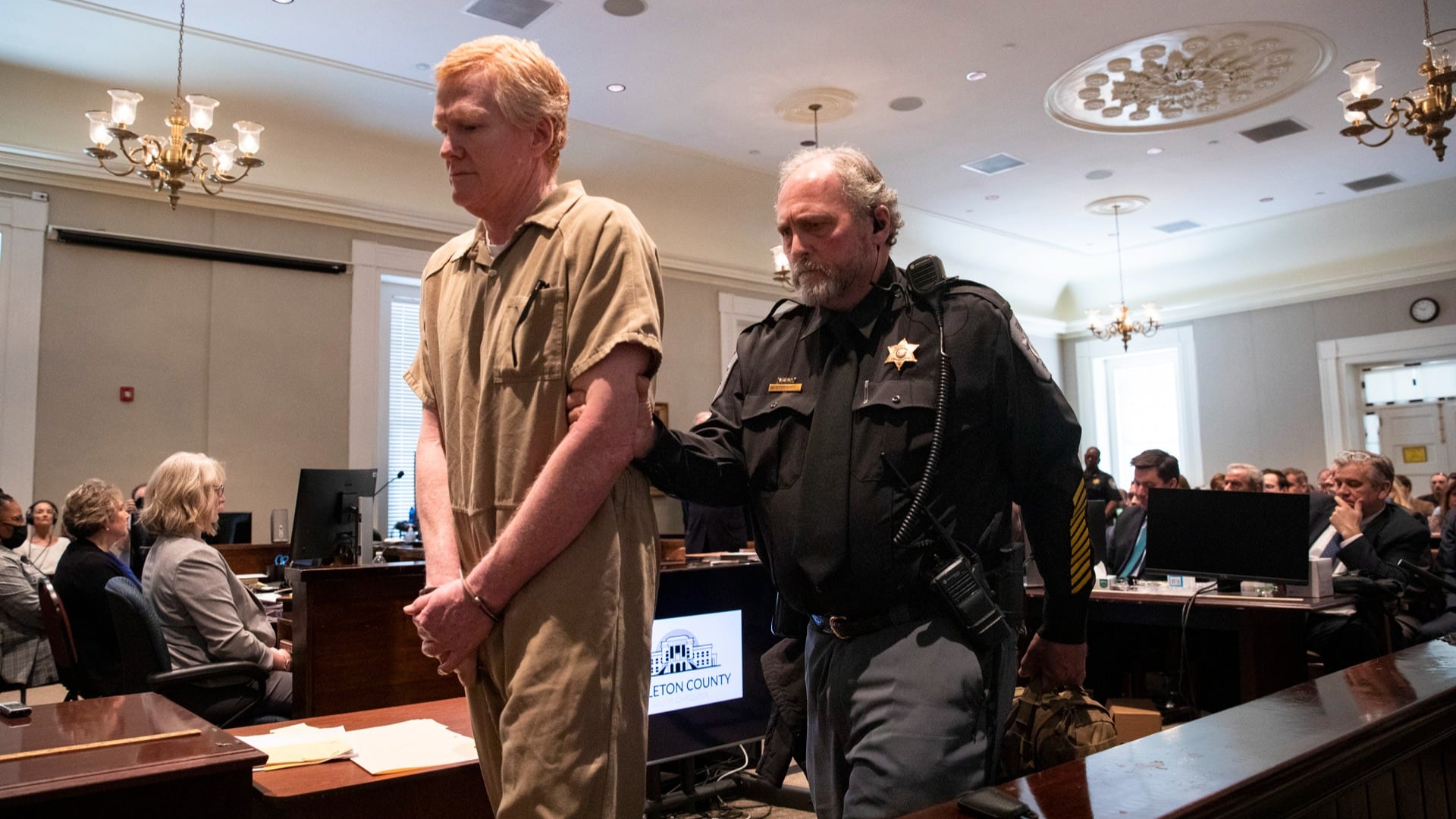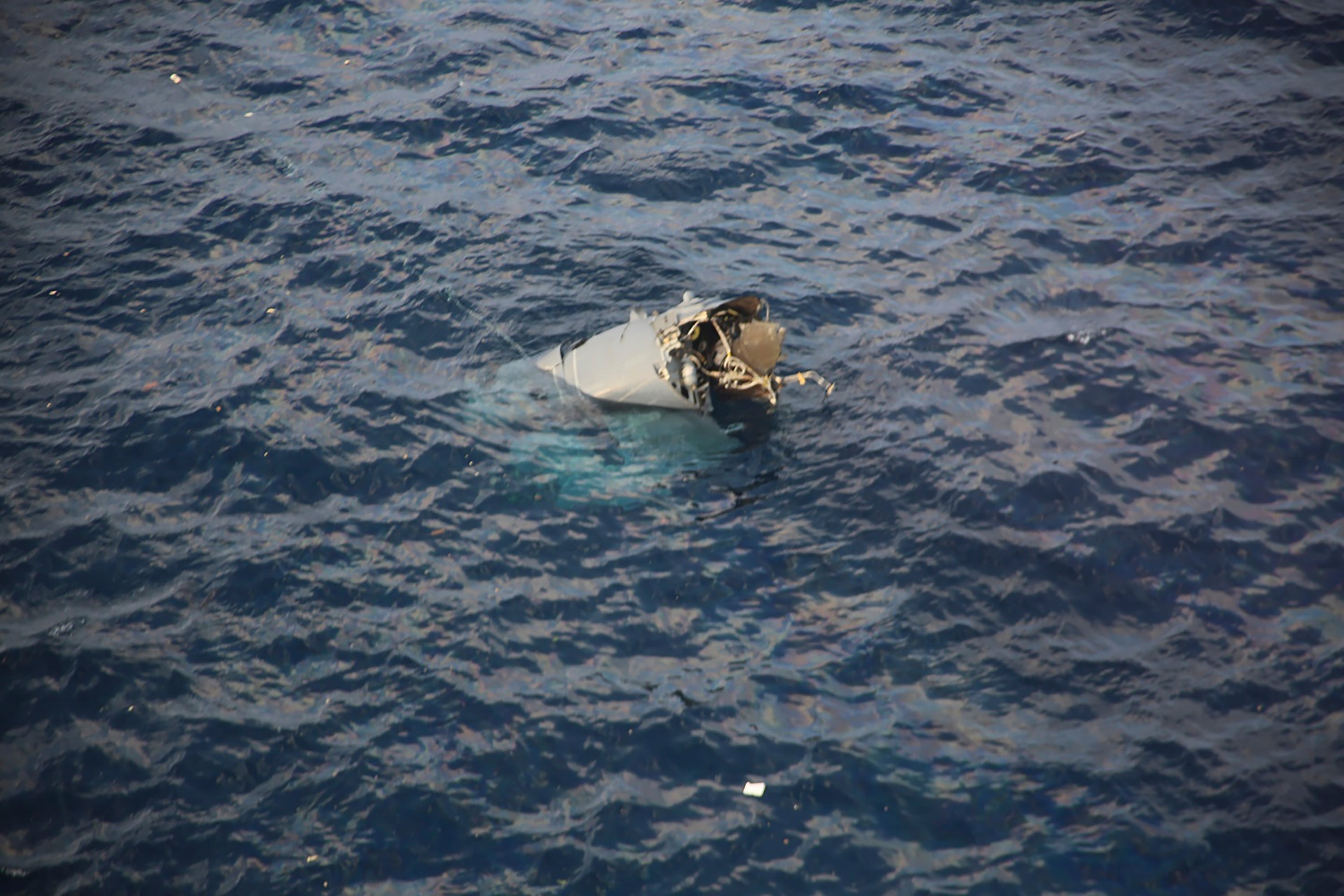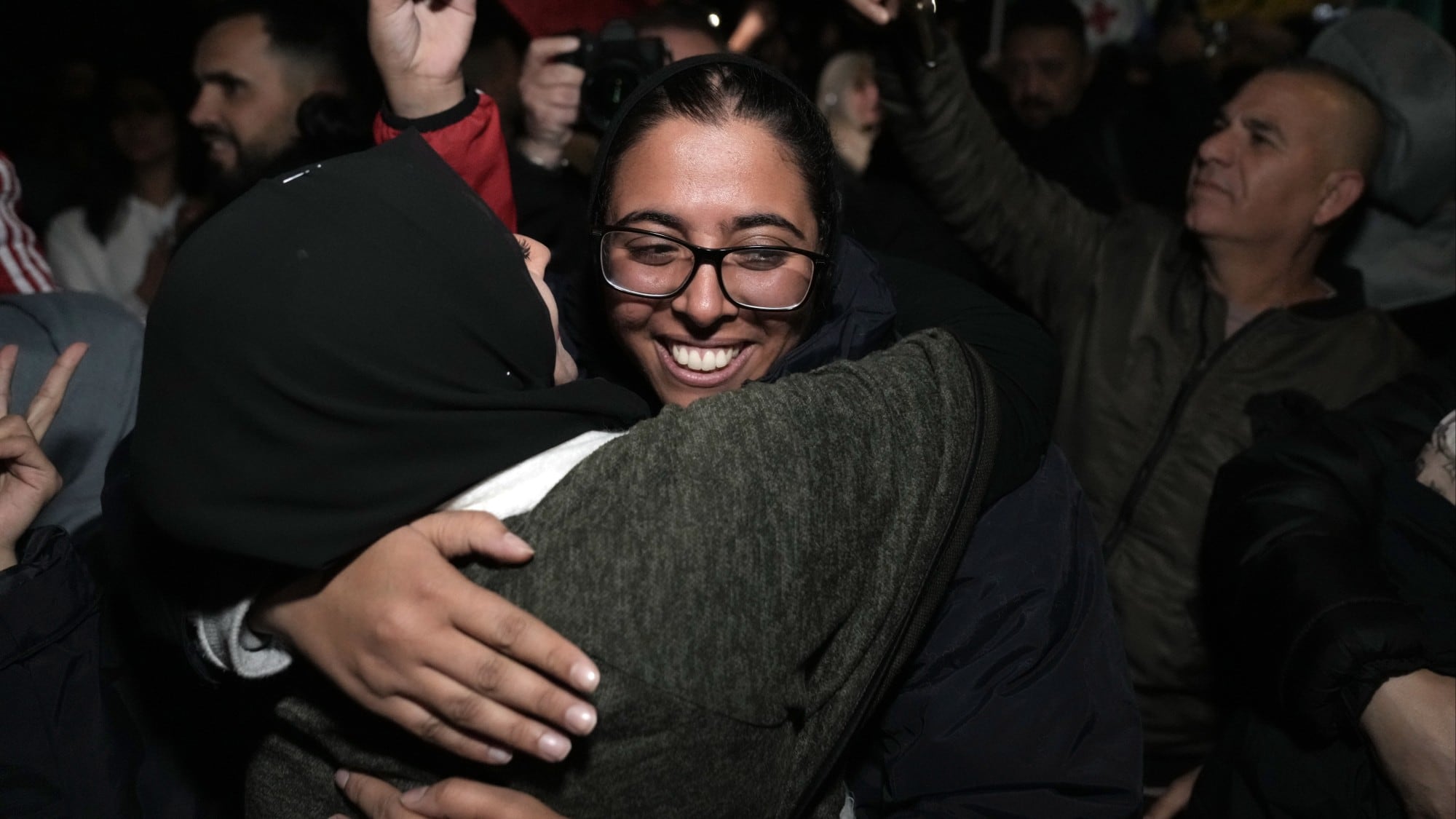By Wafaa Shurafa and Samy Magdy
Israel's military renewed calls Monday for mass evacuations from the southern town of Khan Younis, where tens of thousands of displaced Palestinians have sought refuge in recent weeks, as it widened its ground offensive and bombarded targets across the Gaza Strip.
The expanded operations, following the expiration of a weeklong cease-fire, are aimed at eliminating Gaza's Hamas rulers, whose Oct. 7 attack into Israel triggered the deadliest Israeli-Palestinian violence in decades. The war has already killed thousands of Palestinians and displaced over three-fourths of the territory's population of 2.3 million people, who are running out of safe places to go.
Already under mounting pressure from its top ally, the United States, Israel appears to be racing to strike a death blow against Hamas — if that’s possible, given the group’s deep roots in Palestinian society — before any new cease-fire. But the mounting toll of the fighting, which Palestinian health officials say has killed several hundred civilians since the truce ended on Friday, is likely to further increase international pressure to return to the negotiating table.
It could also render even larger parts of the isolated territory uninhabitable.
Airstrikes and the ground offensive have transformed much of the north, including large areas in Gaza City, into a rubble-filled wasteland. Around 2 million people are now crowded into the 230 square kilometers (90 square miles) that make up Gaza’s south, where Israel’s focus is starting to shift.
As Israel calls for more areas to be evacuated, it’s not clear where people can go. Already shelters are overwhelmed, and both Israel and neighboring Egypt have refused to accept any refugees.
FIGHTING IN CENTRAL GAZA
Residents said Monday they heard airstrikes and explosions in and around Khan Younis overnight after the military dropped leaflets warning people to relocate farther south toward the border with Egypt. The military has ordered the evacuation of nearly two dozen neighborhoods in and around the town.
Later in the day, the military warned civilians to avoid the main north-south highway between Khan Younis and the central town of Deir al-Balah, saying the road had become a “battlefield” and was “extremely dangerous.” That indicated Israeli troops were approaching Khan Younis from the northeast, possibly with plans to cut central Gaza off from the south.
Al-Jazeera television aired footage of medics rescuing people wounded by what appeared to have been a strike on a car on that stretch of highway. An Israeli tank could be seen just up the road.
Rear Adm. Daniel Hagari, the Israeli military spokesman, said the army is pursuing Hamas with “maximum force” in the north and south, and said it was trying to minimize harm to civilians.
He pointed to a map that divides southern Gaza into dozens of blocks in order to give “precise instructions” to residents on where to evacuate.
Many Palestinians, however, have ignored past evacuation orders, saying they do not feel any safer in the areas where they are told to seek refuge — which have also been repeatedly bombed. The military has meanwhile barred those who fled the north from returning, even during the cease-fire.
“The level of human suffering is intolerable,” Mirjana Spoljaric, the president of the International Committee of the Red Cross, said during a rare visit to Gaza. She also called for the immediate release of scores of hostages captured by Palestinian militants during the Oct. 7 attack.
“It is unacceptable that civilians have no safe place to go in Gaza, and with a military siege in place there is also no adequate humanitarian response currently possible.”
RISING TOLL
The Health Ministry in Hamas-run Gaza said the death toll in the territory since Oct. 7 has surpassed 15,500, with more than 41,000 wounded. The ministry does not differentiate between civilian and combatant deaths, but said 70% of the dead were women and children.
A Health Ministry spokesman asserted that hundreds had been killed or wounded since the cease-fire ended early Friday. “The majority of victims are still under the rubble,” Ashraf al-Qidra said.
The Al-Aqsa Martyrs Hospital in Deir al-Balah received 32 bodies overnight after Israeli strikes across central Gaza, said Omar al-Darawi, an administrative employee. Associated Press footage showed women in tears, kneeling over the bodies of loved ones and kissing them.
The military said aircraft struck some 200 Hamas targets overnight, with ground troops operating “in parallel,” without elaborating. It said troops in northern Gaza uncovered a militant hideout in a school after coming under attack. Inside, they found two tunnel shafts, one of which had been booby-trapped, as well as explosives and weapons, the military said.
It is not possible to independently confirm battlefield reports from either side.
Israel says it targets Hamas operatives, not civilians, and blames civilian casualties on the militants, accusing them of operating in residential neighborhoods.
It adds that it takes measures to protect civilians. In addition to leaflets dropped over Gaza, the military has used phone calls and radio and TV broadcasts to urge people to move from specific areas.
Israel claims to have killed thousands of militants, without providing evidence. Israel says at least 81 of its soldiers have been killed.
U.S. PRESSURE
The U.S. is pressing Israel to avoid more mass displacements and the killing of civilians, a message underscored by Vice President Kamala Harris during a visit to the region. She also said the U.S. would not allow the forced relocation of Palestinians out of Gaza or the occupied West Bank, or the redrawing of Gaza's borders.
But it’s unclear how far the Biden administration is willing or able to go in pressing Israel to rein in the offensive, even as the White House faces growing pressure from its allies in Congress.
The U.S. has pledged unwavering support to Israel since the Oct. 7 attack, which killed over 1,200 people, mostly civilians, including rushing munitions and other aid to Israel.
Israel has rejected U.S. suggestions that control over postwar Gaza be handed over to the internationally recognized Palestinian Authority as part of renewed efforts to resolve the overall conflict by establishing a Palestinian state.
Hopes for another temporary truce faded after Israel called its negotiators home over the weekend. Hamas said talks on releasing any more of the scores of hostages seized by Palestinian militants on Oct. 7 must be tied to a permanent cease-fire.
The earlier truce facilitated the release of 105 of the roughly 240 Israeli and foreign hostages taken to Gaza during the Oct. 7 attack, and the release of 240 Palestinians imprisoned by Israel. Most of those released by both sides were women and children.
Magdy reported from Cairo.
Updated at 9:32 a.m. ET Dec. 4 with the latest details.
